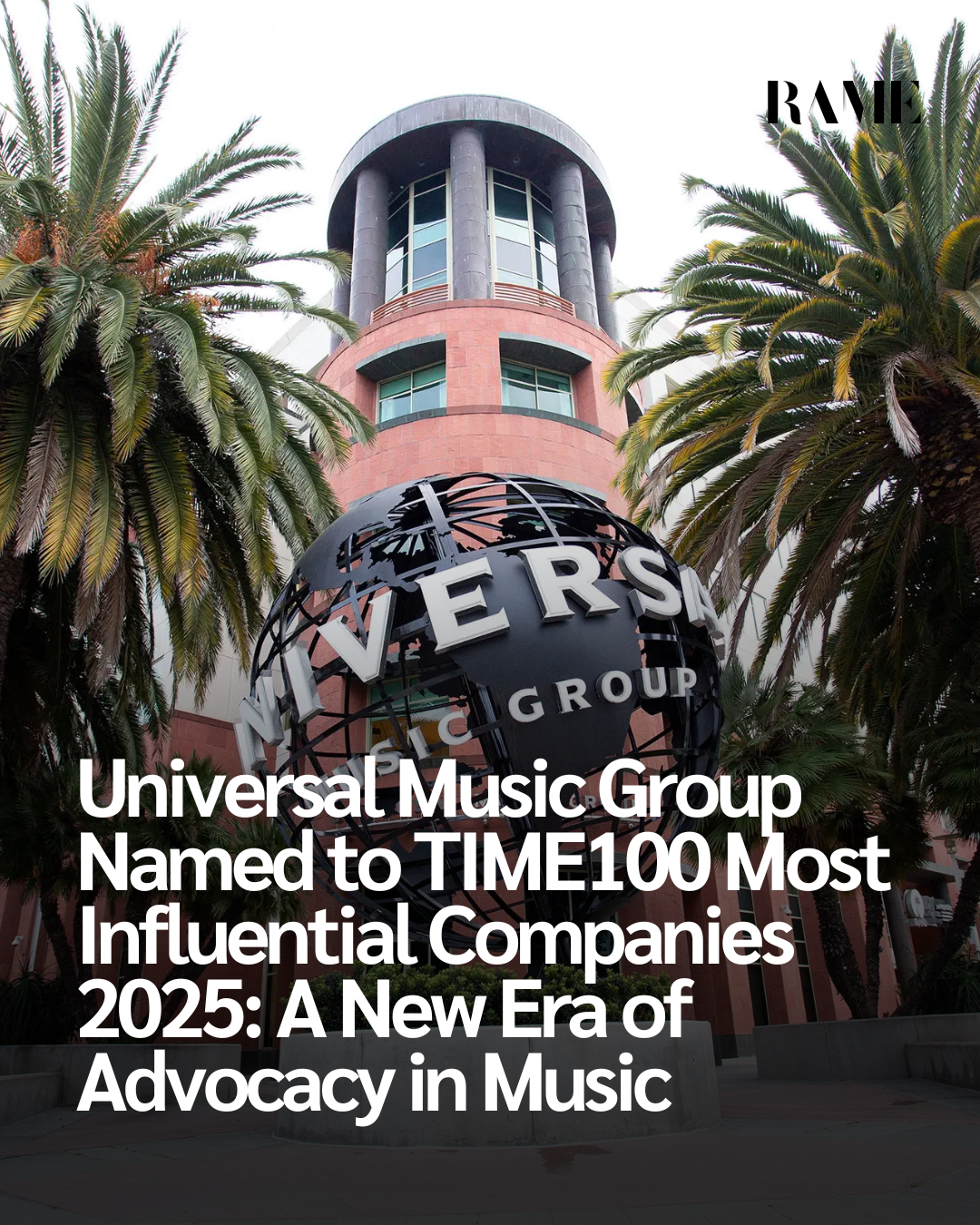Image Credit: Universal Music Group
In a landmark moment for the global music industry, Universal Music Group (UMG) has been named to the TIME100 Most Influential Companies of 2025, becoming the first major music company to ever receive this honor since the list’s inception. This recognition underscores UMG’s significant role not just as a music powerhouse, but as a progressive industry leader championing creator rights, equitable business models, and ethical applications of artificial intelligence.
At a time when the music industry is undergoing rapid digital transformation, UMG’s inclusion in the TIME100 list is more than symbolic it’s a sign of shifting priorities. Music is no longer just about charts, streams, or viral hits. It’s increasingly about who controls the art, how artists are paid, and how technology especially AI interacts with human creativity.
Let’s unpack why this recognition matters and how UMG is shaping the future of music.
A Company at the Crossroads of Creativity and Controversy
Universal Music Group, home to superstars such as Taylor Swift, The Weeknd, Morgan Wallen, and many others, is no stranger to headlines. But recently, it found itself in an unexpected media storm being sued for defamation by one of its own artists, Drake. The lawsuit centers on label-mate Kendrick Lamar’s diss track “Not Like Us,” a hard-hitting anthem that has stirred massive public reaction.
Instead of shying away from controversy, UMG’s response was both bold and revealing. The company defended the diss track as part of a “celebrated artform centered around outrageous insults,” underscoring its commitment to artistic freedom. While lawsuits between artists and labels are nothing new, UMG’s stance highlights a larger philosophical shift: empowering creators, even in messy, uncomfortable ways.
In fact, this moment serves as a microcosm of UMG’s larger mission to stand by artists and their right to express, experiment, and evolve, even when that art sparks legal tension or controversy.
A Vision Led by Lucian Grainge: Advocacy at the Core
Much of UMG’s transformation has been guided by its long-standing CEO Lucian Grainge, whose leadership has consistently prioritized the value of music and the protection of its creators. Grainge has helmed the company through seismic changes from the rise of digital streaming to the emergence of AI in music creation always with a clear stance: Artists come first.
His approach is proactive and unafraid to challenge the status quo. Grainge has not only helped UMG stay culturally relevant but has also driven structural changes in how the industry operates.
Take, for example, the company’s aggressive push to make the streaming economy more fair. UMG played a key role in pioneering artist-centric royalty models with major platforms like Spotify and Deezer deals that seek to redirect more revenue toward the actual creators of the music, rather than favoring algorithms or mass content producers.
These royalty models aim to fix a long-standing imbalance in streaming economics, where a few viral tracks or massive catalogs often dwarf the income of independent or even mid-level artists. By focusing on engagement quality over quantity, UMG is attempting to redefine what “value” means in a streaming-first world.
The Fight for Responsible AI in Music
Another pillar of UMG’s influence is its approach to artificial intelligence, particularly in safeguarding artists’ rights in an era of deepfakes and AI-generated music.
In a significant partnership with YouTube, UMG helped co-develop AI Music Principles, which aim to find a balance between innovation and ethics. These principles are designed to respect artist consent, ensure transparent data use, and prevent unauthorized replication of artists’ voices or styles issues that are increasingly at the forefront as generative AI becomes more powerful and accessible.
This work is not just defensive it’s forward-looking. UMG understands that AI is not going away, and rather than banishing the technology, the label is attempting to shape its implementation in a way that supports human creativity, rather than replaces it.
Clashing with TikTok: Protecting Music in the Social Era
One of the boldest moves by UMG in recent years came in its public standoff with TikTok, the viral video platform that has become a major player in music discovery. In an open letter issued in 2024, UMG sharply criticized TikTok for undermining the value of music by underpaying artists and enabling unauthorized use of AI-generated music.
This wasn’t just posturing. UMG actually pulled its music catalog from the platform, risking significant reach and exposure. But the strategy paid off. Months later, the two parties reached a new agreement that improves royalties for artists and adds guardrails for AI content, marking a win for creators worldwide.
This event showcased UMG’s willingness to put principle before platform, even if it meant walking away from one of the most powerful distribution channels in modern music. In doing so, the label sent a clear message: music has value, and it must be respected even by the biggest tech giants.
A Cultural Powerhouse Redefining Its Role
What makes UMG’s presence on the TIME100 list so notable is not just its commercial success or roster of chart-topping artists, but the way it is shifting the narrative around what a record label can be.
In the past, labels were often viewed as gatekeepers controlling, restrictive, even exploitative. But UMG’s recent actions suggest a more progressive identity: a music company that is evolving into a global cultural institution, one that is willing to take risks, stand up for its community, and redefine industry standards.
From defending creative diss tracks to forging new revenue models, from negotiating better terms with social media platforms to setting ethical benchmarks for AI, UMG is at the intersection of culture, commerce, and conscience.
The Road Ahead: Influence with Responsibility
Being named to the TIME100 Most Influential Companies isn’t just a trophy it’s a spotlight. And with that spotlight comes responsibility.
UMG now sits alongside global tech giants, financial institutions, and social impact leaders each shaping the future in their own industries. In that context, UMG’s job isn’t just to deliver hits or sign big artists. It’s to continue championing music as a human, creative force that deserves dignity, protection, and long-term value.
In a world of fast-changing algorithms, short-form virality, and machine-generated content, UMG is betting on something timeless: the enduring power of the artist.
And if their place on the TIME100 list is any indication, that bet is paying off.



